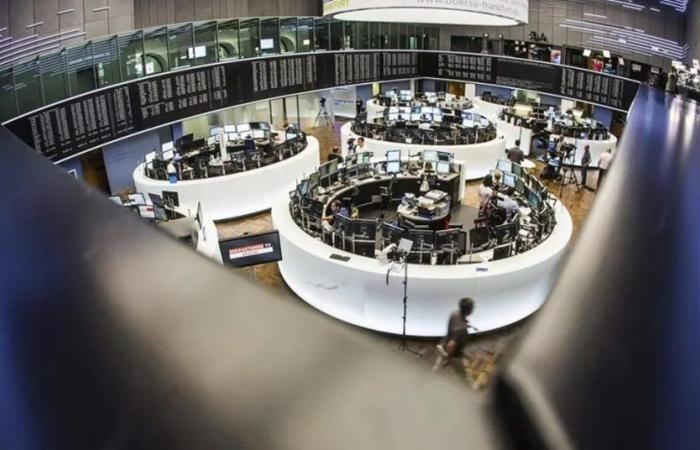Madrid/Cuba has earned “pariah status” in the ratings of international financial markets for the unusual fact of not appearing in the most recent report of the Economic Commission for Latin America and the Caribbean (ECLAC) on capital flows to Latin America. .
With these harsh words, Cuban economist Pedro Monreal attacks the island’s economic authorities. “No official speech, portfolio of investment opportunities in Cuba, or verbosity in ‘joint committees’ has –not even remotely– the negative impact on creditors that a country in debt up to its neck excludes itself from international risk ratings.”
The Island is the only country, among 26, without qualification because it does not provide information to the international organization. “For a country like Cuba, with a deep economic and social crisis, external sanctions, a drifting economic program and an ineffective model of international insertion, access to international financing is key and that is why ‘country risk’ qualifications are important,” Monreal points out in an X thread.
Likewise, it stands out that of the three most important rating agencies, Moody’s, Standard and Poors (S&P) and Fitch, only the first used to issue an indicator on Cuba, and it was terrible: “Usually of the “Caa” type corresponding to a substantial risk. (a very bad rating).” As noted in the report, Moody’s withdrew its rating in December 2023.
“There is an important difference between a low ‘Caa’ rating, which is explained in each rating report, and a ‘withdrawal’ of the rating for not providing information”
“There is a significant difference between a low rating of the ‘Caa’ type, which is explained in each rating report, and a ‘withdrawal’ of the rating for not providing information,” explains the economist, who concludes: “The first is a market mishap, the second is political nonsense.”
Monreal’s harsh judgment of the authorities continues: “You have to have very little economic training to assume that it would not have a negative effect on international creditors (current and potential) if Cuba is the only country without a credit risk rating in the region because “He seems to consider that secrecy is better.”
Regardless of its rating in international reports, Cuba’s bad reputation as a payer is hard earned. The external debt declared in 2020 – whose growth since then has been unknown – amounted to almost $20 billion, with several creditors.
Argentina alone is owed 2.816 billion dollars, attributed to a loan that originated in 1974 under the direction of the Peronist minister José Bel Gelbard (although Infobaein 2023, counted it at up to 15,000 million dollars, adding the loan of 74 plus interest and the penalty for non-payment).
The debt with several Paris Club countries amounted, last year, to 4,827 million dollars. A final agreement, in September 2023, established a new payment schedule after failing to comply with the deadlines agreed in 2015 since 2020, when it was granted a haircut of about $8.5 billion.
In 2021, the regime also agreed with Russia to defer a debt relating to state export credits that Moscow granted between 2006 and 2019, for a total amount of $2.3 billion. At the time of signing the agreement, the default deficit was $57 million, plus another $11 million in late payment interest, which must be repaid between 2022 and 2027.
Havana also has Mexico, Japan and the CRF I Limited fund, part of the London Club, among its largest creditors. In April 2023, a British court recognised the rights of this investment fund to a debt of 72 million euros contracted by the island.






